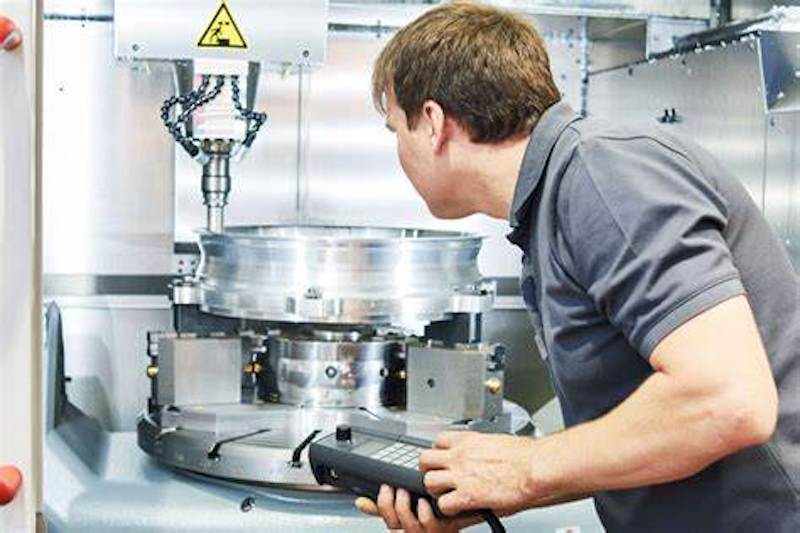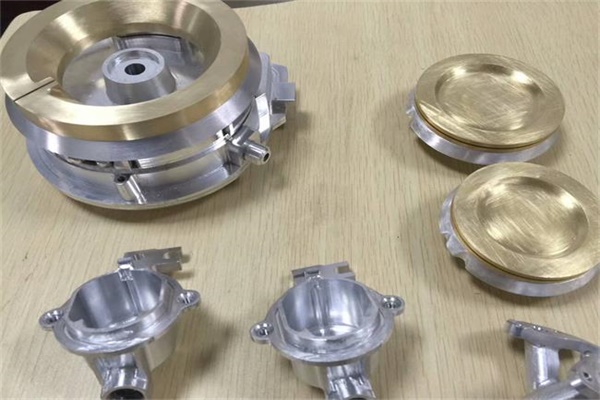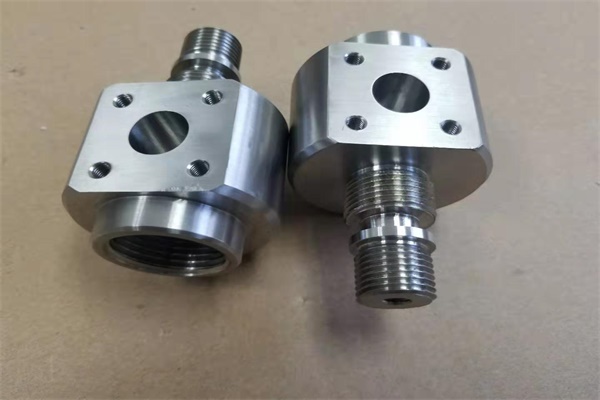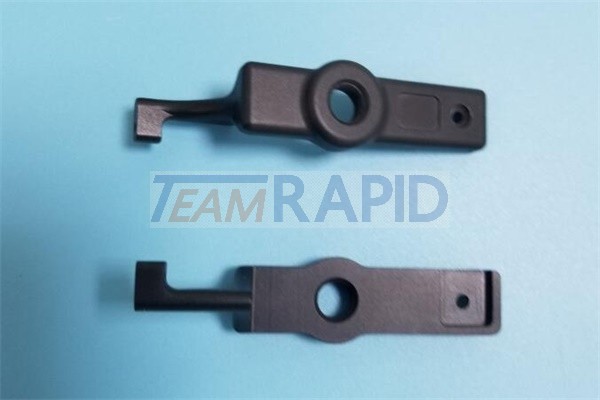CNC machines driven by computer numerical control technology have long been a cornerstone of precision manufacturing. As the technological landscape changes and 3D printing evolves, concerns arise about the future of CNC machines. This article examines the question of whether rapid CNC machining is a dying industry and examines factors that support the argument that it is not.
Table of Contents
Rapid CNC machining is Versatility and precision
CNC machines stand out for their exceptional accuracy and flexibility. Unlike 3D print service, which can face limitations in the use of certain materials or complex shapes, rapid CNC machining exhibits an incredible ability to manipulate a variety of materials, producing highly detailed and accurate products that are unprecedented.
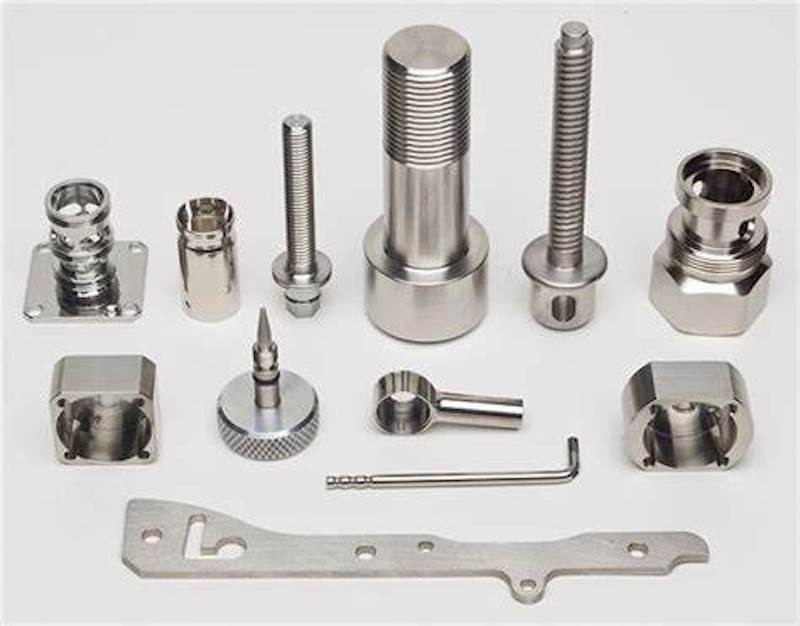
A variety of things
CNC machining flexibility extends to a wide range of materials. From metals to plastics, composites and specific types of wood, CNC machines exhibit versatility, making them desirable for jobs with different rapid manufacturing processes.
The cost of mass production
One of the most important strengths of CNC machines is their low CNC machining cost for mass production. When it comes to producing many of the same parts, CNC machines excel in terms of both efficiency and cost. Initial setup costs for CNC machines can be somewhat high, including setup tools, but these costs are quickly reduced at higher production volumes.
CNC machines work with incredible speed and efficiency, ensuring fast and continuous production. This process is particularly advantageous compared to 3D printing, which can be time-consuming and inexpensive on a larger scale.
Furthermore, the cost per CNC machined part decreases as the production volume increases. This is particularly important for high-volume projects, where reducing costs per unit is a strategically important strategy. rapid CNC machining capabilities offering increased economies of scale make it desirable for manufacturers aiming to improve their product quality and reduce costs.
In addition, the durability of CNC-made tools contributes to lower costs in the long run. Although the initial investment can be high, the extended life cycle of CNC equipment reduces the frequency of replacement, resulting in significant savings in overall operating costs in mass production.
Surface finish quality
Comparing CNC machines to 3D printing, one of their distinct advantages is their capacity to increase surface roughness. This is particularly significant in sectors like the aerospace and automobile industries, where smooth surfaces and aesthetics are valued highly.
Skills and experience required
Operating CNC machines requires specific skills and knowledge. Experienced technicians play a key role in designing and operating these devices effectively. The demand for skilled workers ensures that rapid CNC machining skills will continue to be needed in a variety of industries.
Rapid CNC machining available for Customization requirements
Companies often require specific custom designs that may not be possible with 3D printing. CNC machines excel in meeting these customization requirements, providing precise production control and allowing customized solutions
Strength and durability
CNC-machined parts generally exhibit greater strength and durability than their 3D-printed counterparts. Companies that prioritize complex, durable goods, such as aerospace or automotive manufacturing, can continue to rely on CNC machines for these critical components.
rapid cNC machining is Speed of Production
For certain applications, rapid CNC machining proves to be faster than 3D printing. The speed of production is a critical factor for industries requiring quick turnaround times, providing CNC machining with a competitive advantage in specific manufacturing scenarios.
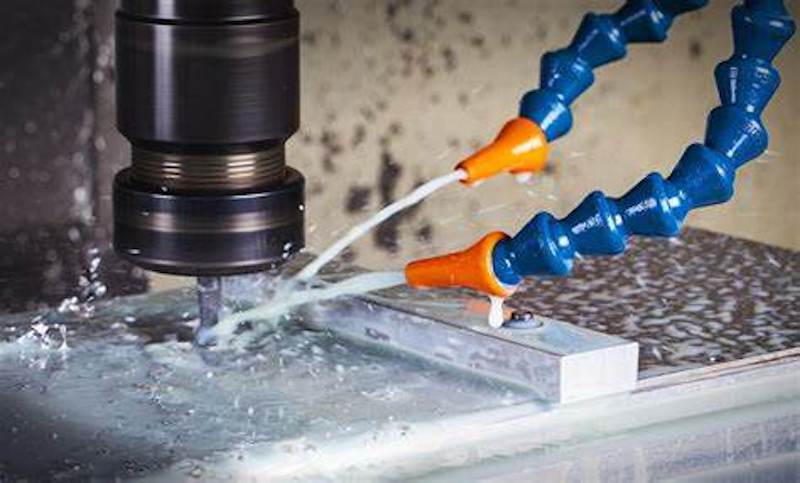
Existing Infrastructure
The substantial investment in CNC machining infrastructure within many industries acts as a deterrent to swift transitions. Replacing or phasing out existing equipment would involve significant costs and time. This inertia to change ensures that rapid CNC machining will persist as a relevant and established manufacturing method for the foreseeable future.
Rapid CNC machining: Continued technological development
The CNC machine is not perfectly still; rather, it is always in motion. The possibilities of CNC machines are expanding due to ongoing technology advancements, which are adding features like automation, artificial intelligence, and sophisticated tooling. In light of developing technology, these developments contribute to the flexibility and adaptability of CNC machines.
In addition to the previously listed advantages, CNC machining is one of the greatest trades to enter for those who are thinking about making the switch as a profession. Here’s why:
Rapid CNC machining: Technological progress and innovation
CNC machines are at the forefront of innovation and technological development. CNC machines have evolved to incorporate automation, artificial intelligence, and Industry 4.0 concepts as these technologies have become an essential part of modern manufacturing. Those new to the CNC machine industry can learn in this dynamic environment, keep abreast of industry trends, and interact with internal conversation devices. It provides a significant opportunity to support and implement the solution.
By specializing in the latest CNC machinery, individuals can establish themselves as a valuable asset to their employers. Regular study and adaptation to technological changes in the CNC machinery industry not only increase job satisfaction but also open the door to leadership roles and key positions in the industry. Because CNC machining and low volume manufacturing technology is advancing technologically so quickly, professionals in this field are certain to be interested and challenged throughout their careers.
Creativity and problem-solving
Contrary to popular belief, CNC machines offer many opportunities for creativity and problem-solving. Complex mechanical design, system components, and details developed in the machining system are within the control of CNC machinists. This requires a blend of technical skills and basic problem-solving abilities.
Perfecting complicated tasks demands careful planning and close attention to detail. CNC machine specialists often create complex work environments and find innovative solutions to unusual situations. Commercial experts have the abilities required to run effectively, maximize machining procedures, and raise output levels overall. Precision rapid CNC machining enthusiasts will find that working on CNC machines is a fulfilling and intellectually fascinating endeavor that blends technical know-how with innovative problem-solving techniques.
Conclusion
In conclusion, it is false to believe that the market for CNC machines is collapsing. The above-mentioned capabilities and adaptability demonstrate the long-lasting benefits of CNC machines in the fast-paced manufacturing environment. Even though 3D printing and other technologies can increase competition, CNC machines are still very useful across a wide range of sectors. CNC machinery adapts to technology as it advances, preserving its use and efficacy in precision manufacturing.
TEAM Rapid apply CNC machining for rapid prototyping, low volume manufacturing, and mass production. We help lots of customers to make their parts successfully, contact our team today to request a free quote now!
